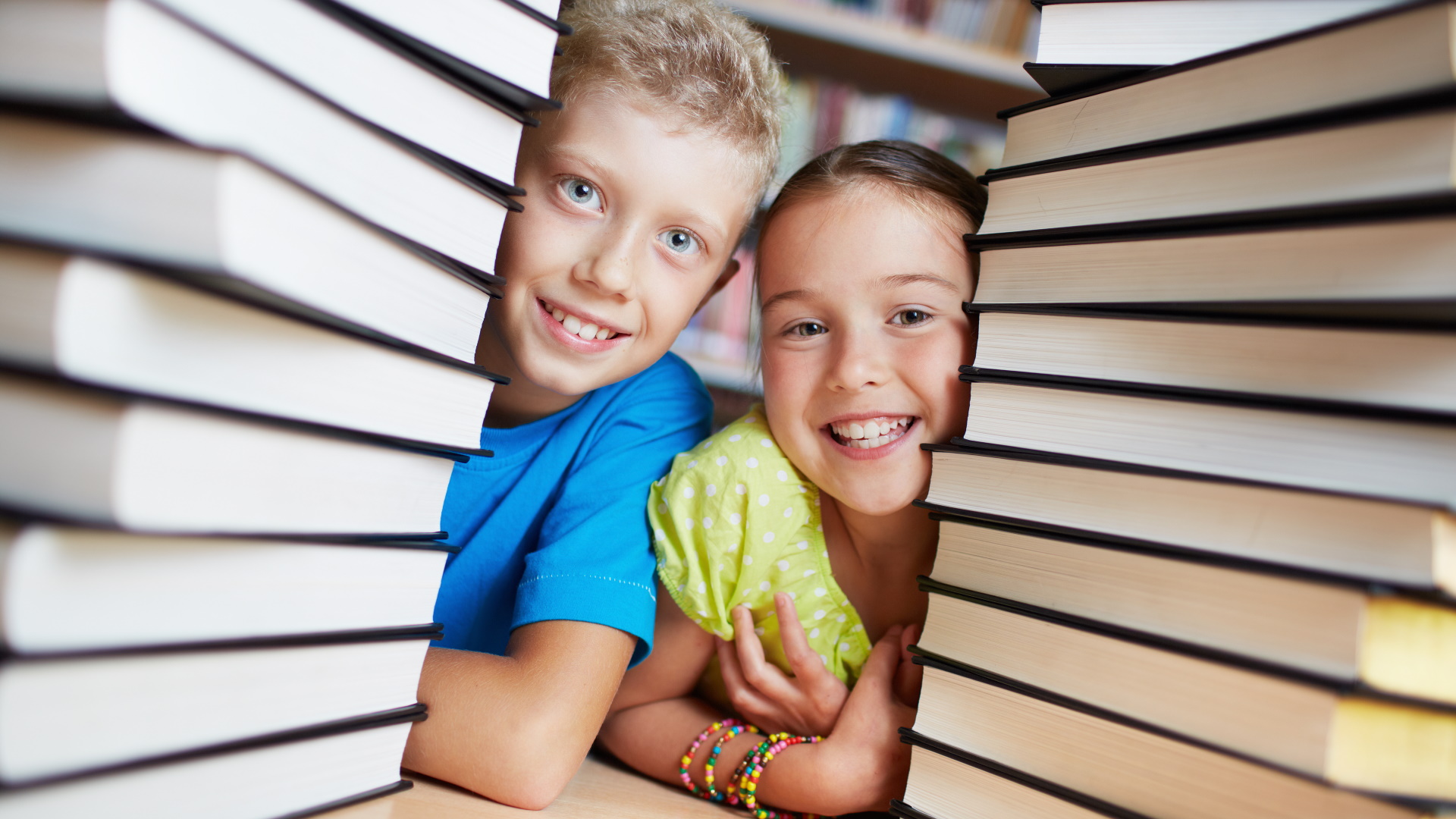Young learners (Primary Students) are curious, they want to create, explore, to question about the world! We have to help them explore! In this article, we will discuss some tips in order to create meaningful lessons for our young learners.
- If you want curious students, be curious yourself!
Start planning your own questions about the world, search for lessons you need to further explore, think unconventionally, and create! Now is the perfect time to relax, imagine and think without limits. The school year has come to its end and you have to visualize your next steps for the following year. Search for ideas, make plans, contact colleagues and find resources. I need to state here that when we refer to resources, we mean bibliography, researches, books, articles, courses, and anything you can do to improve professionally. Our duty is to educate ourselves before we educate our students and we need to realize that we have to give them the example if we need to make THE change for a better world.
Text by: Konstantina Karamouta
- Create experiences, but...
Yes, experiments, crafts, arts, and games are great! But when do we do them?
We cannot teach grammar rules, do copying, write tests and then play a game as a reward at the end of the lesson. Unfortunately, a lot of schools and programs consider experiential learning and the holistic approach as something you do just to have fun at the end of the lesson. But then there are concerns such as, I didn’t manage to ‘finish’ the book, my students don’t know how to use the Present Continuous, my students didn’t speak English during the game, or the worst scenario, my students ask for more games (and more) and I can’t devote more time to do these things. Well, there are so many problems with these statements! Implementing experiential learning and holistic approach into your teaching is not something you do at the end of the lesson, and yes, there will be even more problems if you do so! To actually start implementing these methods and techniques into your lessons, you need to change your way of teaching completely! Following a Grammar-Translation approach and mixing different playful and fun techniques into your lessons will change nothing. Actually, there are many possibilities to frustrate your young learners, create negative feelings, and ‘’steal’’ their happiness. Social media are great when it comes to sharing ideas, and exchanging opinions and thoughts but social media is not a resource, it is just a social network!
- Let’s start over!
Use all senses and all settings! Think about these and wonder... how you could implement them to teach language outcomes. ‘Let’s go to nature and take pictures of flowers, trees, leaves’, ‘create a jungle’, ‘create a robot’, ‘do an experiment and see if the water is walking’, ‘make a maze on the floor and then walk and find the exit’, ‘let’s create an explosion’. All these are STEAM lessons and we actually do those to develop our skills, to explore and create but also to learn language features (vocabulary outcomes and grammatical progression). To be honest, I strongly believe that it is important to gain knowledge about the world, by using the language! We create a STEAM challenge and we build our lesson around it by making predictions, writing observations, creating building plans and much more. At the end of the year, our primary students not only speak the language but they know a lot more than we can imagine, they have knowledge about the world and they have memories to keep and share! But, we don’t use STEAM as a supplementary way to teach, we use STEAM as the main curriculum.
- Vocabulary, grammar, skills, all at once!
This is something that all current methods and approaches are trying to share. Teaching vocabulary outcomes and then grammatical progression and then skills (reading, listening, writing, and speaking) separately can cause frustration to learners and difficulty in understanding. Instead of separated learning outcomes, we should try to create a context and build our lesson around it. The language should be used as a means of communication rather than as an end itself. Think that we are educators and we need to educate our students, not just about the language but about the world.
We have to make our primary students love the language, love education, and love studying. We have to let them increase their curiosity and their critical thinking skills.
If we want to change education, we need to start with small and steady steps, we need to study more, we need to be the example for our students! So, let’s create meaningful lessons for both teachers and students.
